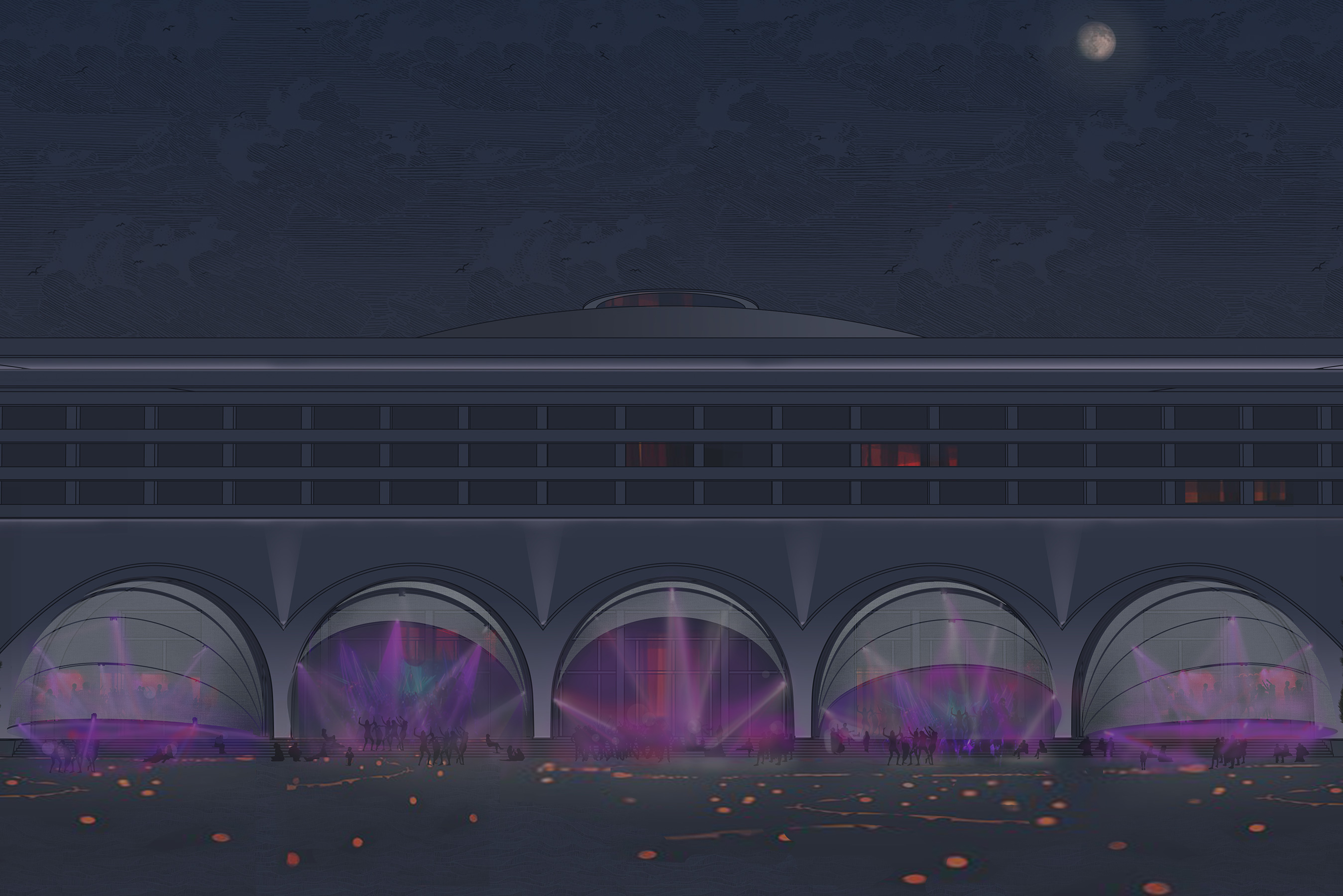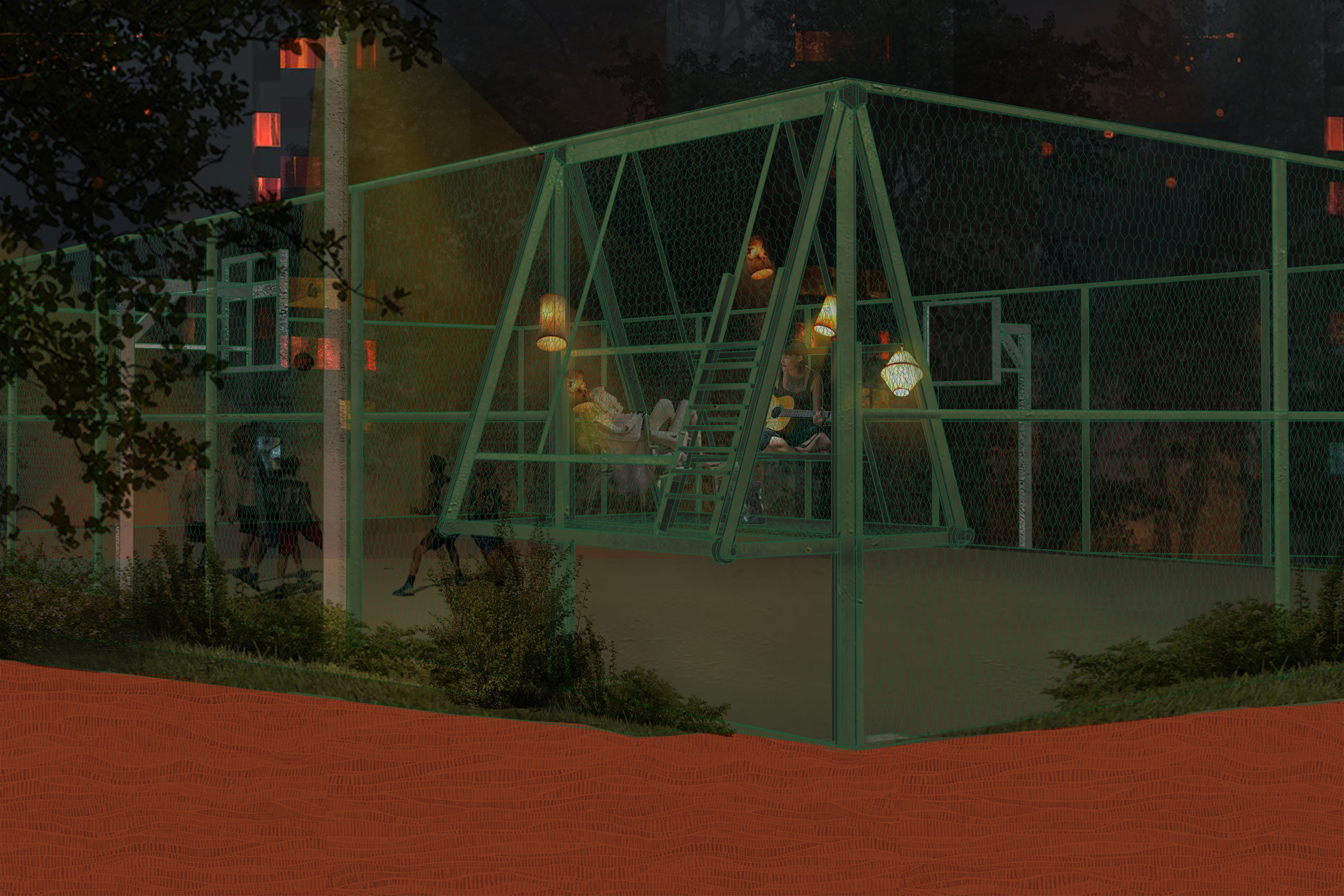






Liminality: Routine Disorder
Hechen Qu
Liminal spaces in Tbilisi are ubiquitous. Those are fragments between formal and informal, exterior and interior. We can see people's desires of extending private spaces into the public, defined by infra-political social communication taking place in conditions and situations of liminality. These are the places free from power, defined by people's own routines and memories, bearing the traces of what happened before, what is happening now, and what will happen.
With privatization, the boundaries has become more ambiguous - not only physically, but also mentally. The citizens have claimed and shaped those spaces by their activities and constructions. These transitional appropriations display the desires to define their city. So common, the liminalities are not marginal but the core routine of social life in Tbilisi. They may become infrastructural elements in themselves, because they create thickening of public events, and offer the possibility of assembling people, guiding or slowing them down. Un-designed, spontaneous and imminent.
What is to be preserved and what is to be destroyed?
What can be owned and what belongs to everyone?
What do we want to remember and what can be forgotten?
My interventions provide an extended interior for people to claim their common ground. Spontaneity in many situations defines the thickness of different thresholds. Reflecting on this, I propose three scenarios dealing with different social conditions: strangers, friends and natsnoboba (acquaintance).
Each has three modes that allow different affordances and each can be moved to other locations with similar conditions cutting across public, civic and collective thresholds of the urban life.

